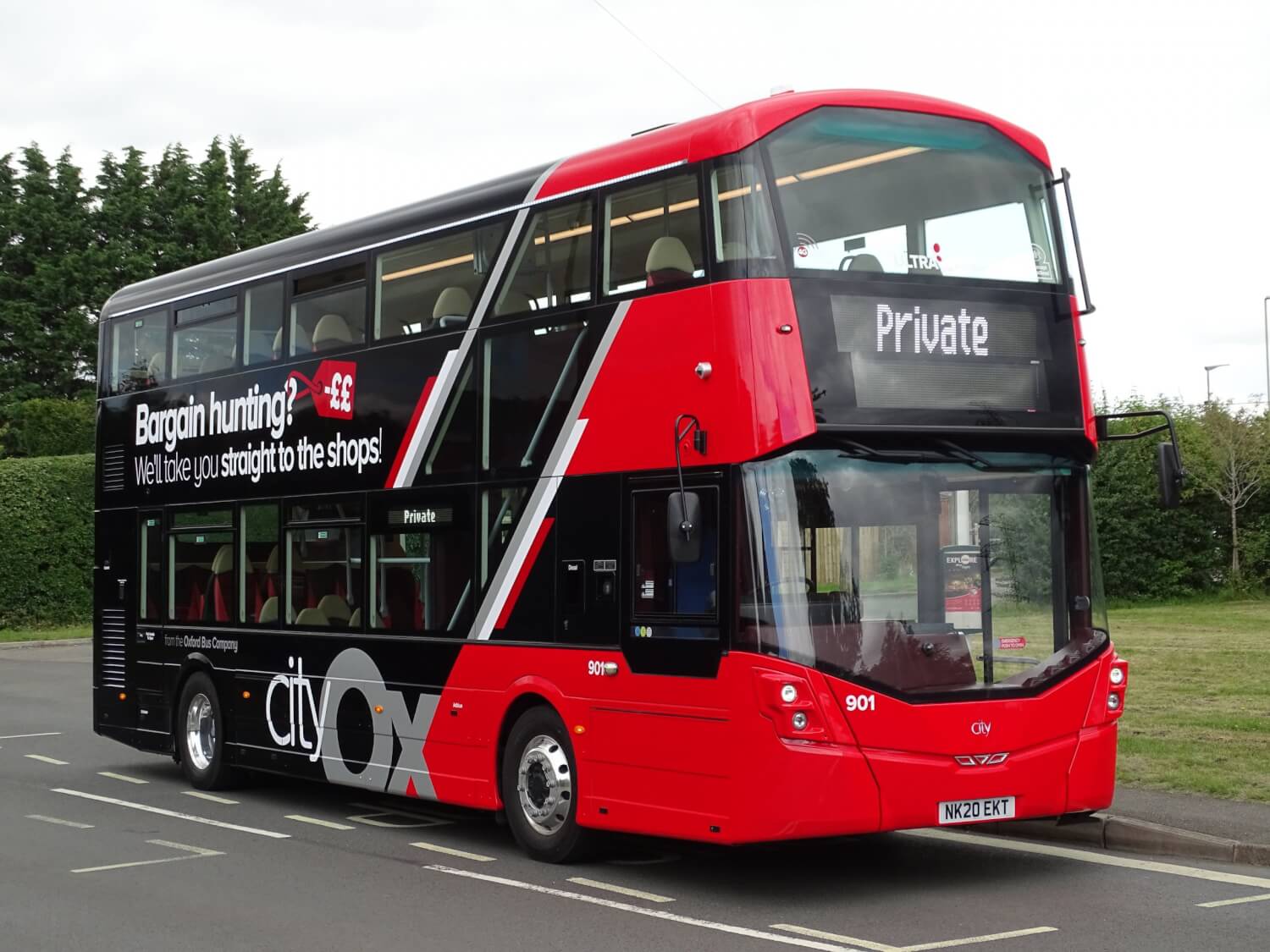A spin-off and separate listing of Daimler Truck is planned, which will see a significant majority stake distributed to current Daimler shareholders and allow Daimler Truck to accelerate its path towards zero emissions.
Daimler has announced that it plans a fundamental change in its structure, which it says is designed to ‘unlock the full potential of its businesses in a zero-emissions, software-driven future.’ The Boards have agreed to evaluate a spin-off of its Truck and Bus business and begin preparations for a separate listing of Daimler Truck. It is intended that a significant majority stake in Daimler Truck will be distributed to Daimler shareholders.
The Daimler Truck business will have fully independent management, stand-alone corporate governance including an independent Chairman of the Supervisory Board, and is targeted to qualify as a DAX company. The transaction and the listing of Daimler Truck on the Frankfurt stock exchange is expected to be complete before the end of 2021. In addition, said the company, it is also Daimler’s intention to rename itself as Mercedes-Benz at the appropriate time.
Commenting on the plans for simplification of Daimler’s structure into two independent companies, Ola Källenius, Chairman of the Board of Management of Daimler and Mercedes-Benz, said: “This is a historic moment for Daimler. It represents the start of a profound reshaping of the company. Mercedes-Benz Cars & Vans and Daimler Trucks & Buses are different businesses with specific customer groups, technology paths and capital needs. Mercedes-Benz is the world’s most valuable luxury car brand, offering the most desirable cars to discerning customers. Daimler Truck supplies industry-leading transportation solutions and services to customers. Both companies operate in industries that are facing major technological and structural changes. Given this context, we believe they will be able to operate most effectively as independent entities, equipped with strong net liquidity and free from the constraints of a conglomerate structure.”
The announcement went on to say that as part of a more focused corporate structure, both Mercedes-Benz and Daimler Truck will also be supported by dedicated captive financial and mobility service entities, and that to achieve this the company plans to assign resources and teams from today’s Daimler Mobility to both Mercedes-Benz and Daimler Truck.
“We have confidence in the financial and operational strength of our two vehicle divisions. And we are convinced that independent management and governance will allow them to operate even faster, invest more ambitiously, target growth and cooperation, and thus be significantly more agile and competitive,” added Ola.
Daimler Truck will accelerate the execution of its plans, raising its profitability and driving forward with its development of emissions-free technologies for trucks and buses.
“This is a pivotal moment for Daimler Truck. With independence comes greater opportunity, greater visibility and transparency. We will grow further and continue our leadership in alternative powertrains and automation. We have already defined the future of our business with battery-electric and fuel-cell trucks, as well as strong positions in autonomous driving. With targeted partnerships we will accelerate the development of key technologies to bring best-in-class products to our customers rapidly,” said Martin Daum, Member of the Board of Management of Daimler and Chairman of the Board of Management of Daimler Truck.
“Daimler Truck already has a solid financial basis, and our business model is robust. We will continue to work on our cash flow management and we know how to deal with industry market cycles – we have proven that again in the significant Covid-related global market reduction. We have clear strategies to raise our financial performance and accelerate our execution. We will use our strong and well-known global brands, our scale and our exceptional technology to deliver industry-leading returns.”
Daimler Truck has more than 35 main locations around the globe and over 100,000 employees. It incorporates seven brands: BharatBenz, Freightliner, Fuso, Mercedes-Benz, Setra, Thomas Built Buses and Western Star. In 2019, a total of around half a million trucks and buses were delivered to customers. Revenue in 2019 for the individual divisions were €40.2 billion for Daimler Trucks (EBIT €2.5 billion) and €4.7 billion for Daimler Buses (EBIT €283m).
Michael Brecht, Chairman of the Daimler’s General Works Council, endorsed the plans: “The transformation of our industry is moving ahead quickly. In order for us to keep pace, we need to invest in innovations boldly and more quickly. To this end, we will set up an innovation fund with a volume of €1.5 billion for Daimler Truck in addition to our current financial plans. This will enable us to invest in new products and technologies, and we will play an active role by contributing our ideas. This provides additional support for our locations and helps to secure employment.”
Further details are to be presented at a shareholder meeting in Q3 2021. It is intended that Daimler would transfer the majority of Daimler Truck to its shareholders on a pro rata basis in accordance with existing shareholdings, but it intends to retain a minority shareholding. Representation of Daimler in the Daimler Truck Supervisory Board will be in line with the intended deconsolidation. More details can be found at daimler.com/project-focus


